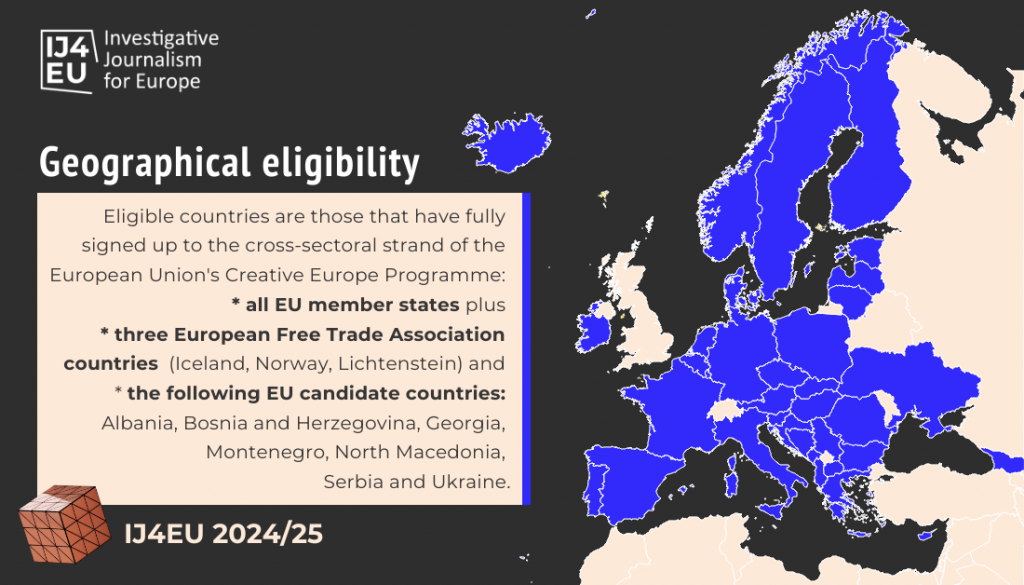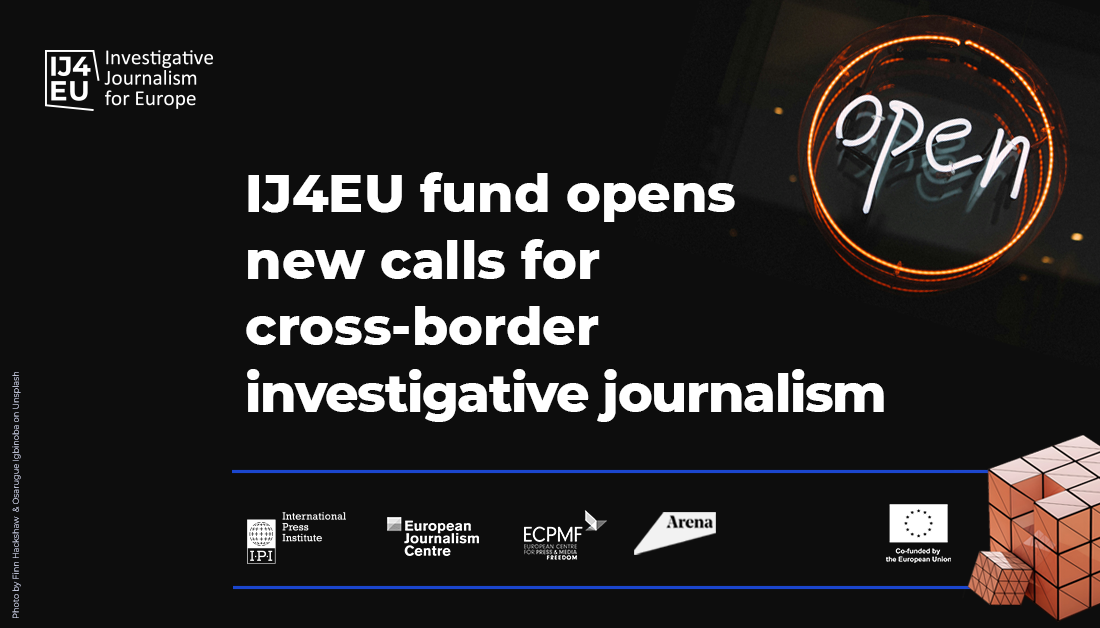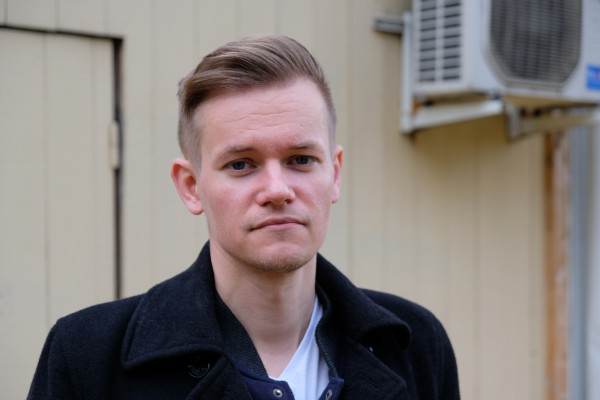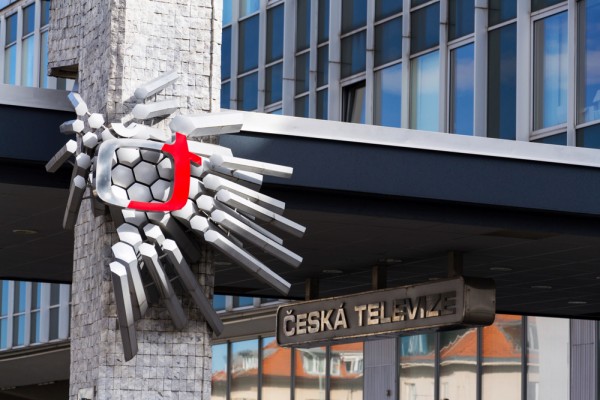- Newsrooms and freelancers eligible for funding and support
- Deadline for applications: October 28, 2024
- Sign up to the IJ4EU newsletter to keep in the loop
IPI’s Investigative Journalism for Europe (IJ4EU) programme opened two new calls for proposals on September 2, 2024, inviting newsrooms and individual journalists to apply for funding to collaborate on transnational investigations.
IJ4EU’s Investigation Support Scheme will provide grants of up to €50,000 to allow journalistic teams of any type — including newsrooms and specialist investigative outlets — to team up across frontiers on ambitious projects.
Meanwhile, IJ4EU’s Freelancer Support Scheme will provide grants of up to €20,000 to cross-border investigative teams made up predominantly of freelance journalists.
The deadline for applications to both schemes is eight weeks after the launch of the call, on October 28 at 23:59 CET.
Both schemes will have subsequent calls in early 2025. For more information, see our grants section and frequently asked questions.
The IJ4EU fund will provide €2 million in grants to support cross-border investigative journalism as a public good during the current edition of the programme, which runs until the end of November 2025.
Around €1.5 million will be distributed through the Investigation Support Scheme and €500,000 through the Freelancer Support Scheme.
Read more about the IJ4EU programme and why we’re dedicated to supporting watchdog journalism.
To date, IJ4EU has disbursed more than €4.2 million in grants to cross-border projects, allowing hundreds of journalists to conduct ambitious investigations on topics resonating with tens of millions of people across Europe and beyond.
See previously funded investigations in our projects section.
Who can apply?
The geographical eligibility criteria are the same for both schemes.
Applications must be submitted by teams with journalists based in at least two European countries that have signed up to the full cross-sectoral strand of the European Union’s Creative Europe Programme, which provides core funding for IJ4EU.
Eligible countries include all 27 EU member states and the following non-EU countries: Albania, Bosnia and Herzegovina, Georgia, Iceland, Liechtenstein, Montenegro, North Macedonia, Norway, Serbia and Ukraine.
Eligibility is based on residency, not nationality.

Projects must focus on topics of cross-border relevance. Investigations on all subjects will be considered.
The Freelancer Support Scheme is designed for teams whose members operate predominantly outside of newsroom structures. In addition to money, it offers an extra cushion of tailored assistance through mentoring and training.
The Investigation Support Scheme is open to journalistic teams of any configuration that mainly need funding to carry out their investigations.
Both schemes come with practical and editorial assistance, if required, plus legal support and the chance to participate in specialist conferences.
Teams working in all media types — including print, broadcast, online media, documentary filmmaking and multi-platform storytelling — will be considered. Projects must aim to be published by media outlets in at least two countries.
IJ4EU grants may be used to cover nearly any type of cost necessary for the production of journalistic content. This includes salary and human resource costs for both employed journalists and freelance journalists, research costs, travel costs, translation costs and administrative costs.
Grants under both schemes are awarded by independent juries made up of distinguished senior editors, investigative journalists and journalism experts. Read more about the selection process and criteria.
Full details about both funding schemes and how to apply, as well as information about past funded projects, can be found on the IJ4EU website. Read our FAQs about applying.
Still have questions?
Join an info webinar on September 9 at 14:00 CEST to learn all about the programme.
As threats to media pluralism multiply, the IJ4EU fund is committed to providing support to investigative reporting as a public good in the European Union and on the bloc’s doorstep.
IJ4EU is managed by a consortium of four non-governmental organisations: the International Press Institute (IPI), the European Journalism Centre (EJC), the European Centre for Press and Media Freedom (ECPMF) and Arena for Journalism in Europe (Arena).
IPI leads the consortium and manages the Investigative Support Scheme. EJC manages the Freelancer Support Scheme. ECPMF runs a prize for cross-border investigative journalism and IJ4EU’s annual UNCOVERED Conference. ECPMF also runs a legal contingency fund for grantees.
During open calls for proposals, Arena will run public Cross-Border Masterclasses aimed at helping journalists craft work plans for investigations and write stronger grant applications. Arena will also provide “matchmaking assistance” for journalists seeking collaboration partners in other countries.
The next Cross-Border Masterclass will be on September 23 from 14:00 to 16:30 CEST. Register for the free event.
Independence sacred
The IJ4EU programme is co-funded by the European Commission’s Creative Europe Programme. It receives additional funding from philanthropic foundations including Fritt Ord and the Isocrates Foundation.
The programme maintains complete independence from donors in the selection of projects and strictly guarantees the editorial independence of all grantees. Independent juries select projects for funding.
Next steps?
- Sign up for the IJ4EU newsletter.
- Read our frequently asked questions.
- Register for an info webinar on September 9 at 14:00 CEST.
- Register to attend a free Cross-Border Masterclass on September 23 from 14:00 to 16:30 CEST.
- Apply for a grant via our secure portal.
Questions?
We encourage interested applicants to visit the IJ4EU website and our FAQ page on applying. If you still have questions, feel free to get in touch with us.
Contacts
General questions or questions related to the Investigation Support Scheme: Milica Miletic, IJ4EU project coordinator, at IPI (grants[at]ipi.media).
Questions related to the Freelancer Support Scheme: Zlatina Siderova, EJC programme lead (siderova[at]ejc.net).
Questions related to Cross-Border Masterclasses and “matchmaking assistance”: Trine Smistrup, Arena deputy director (trine[at]journalismarena.eu)



